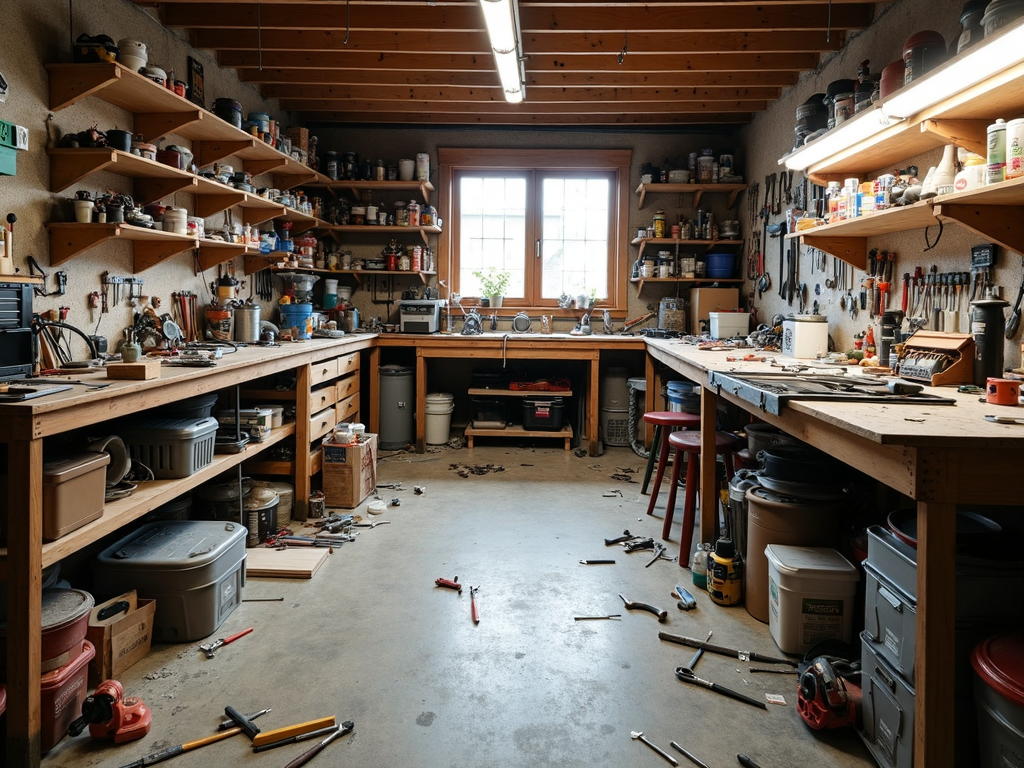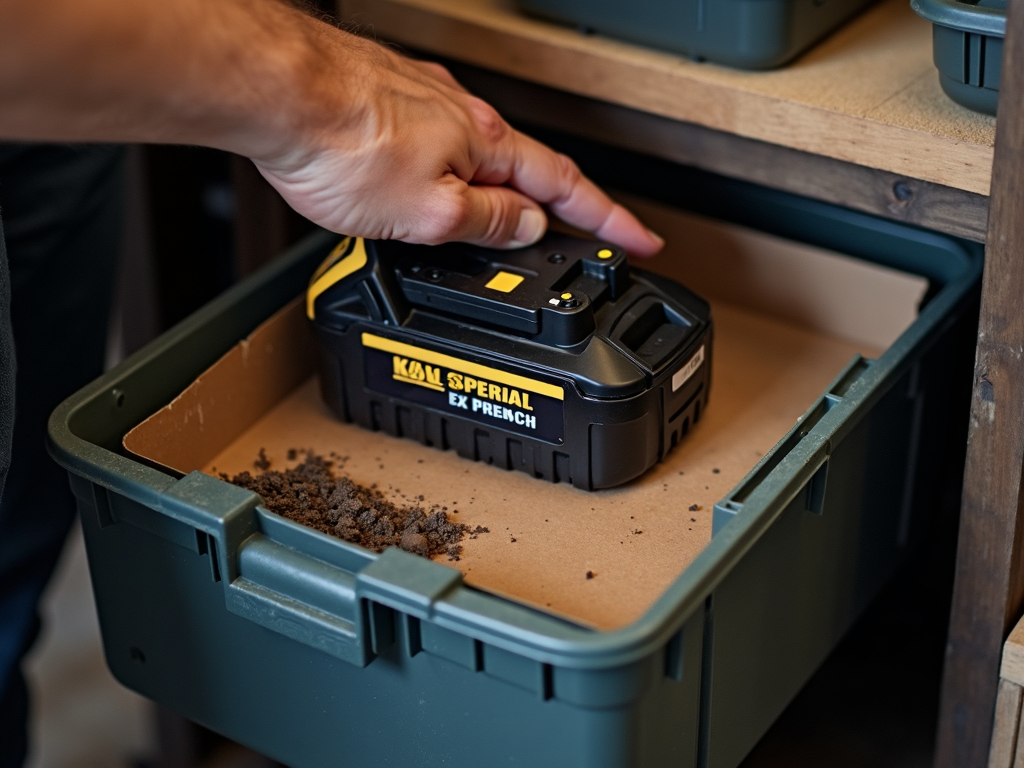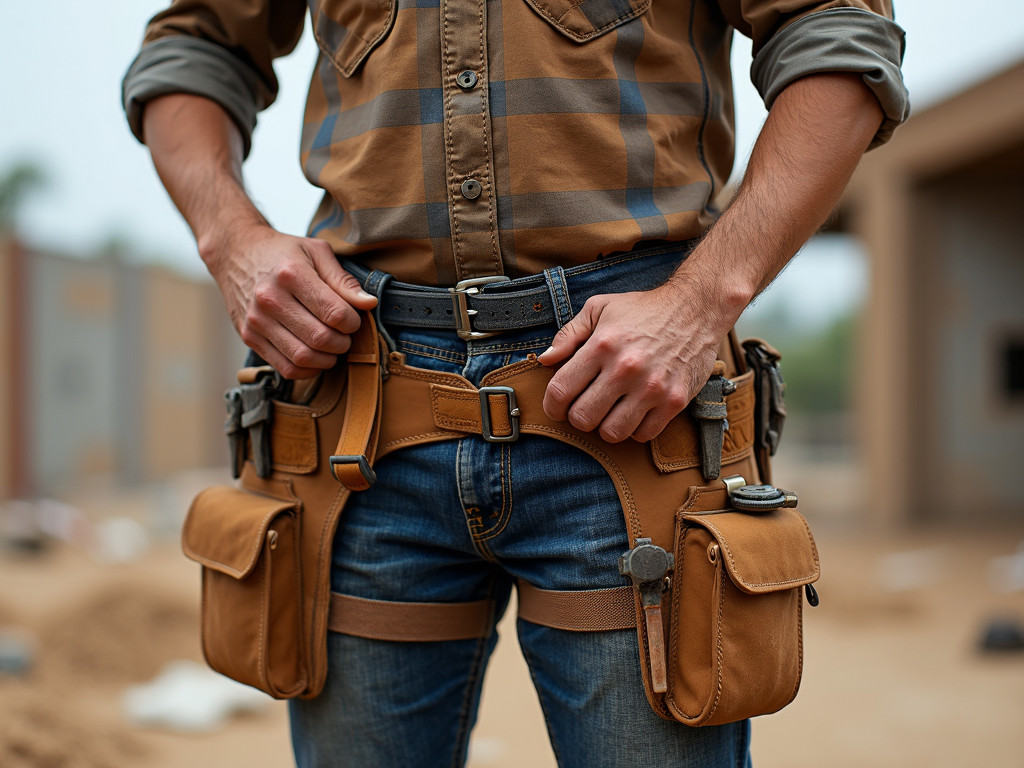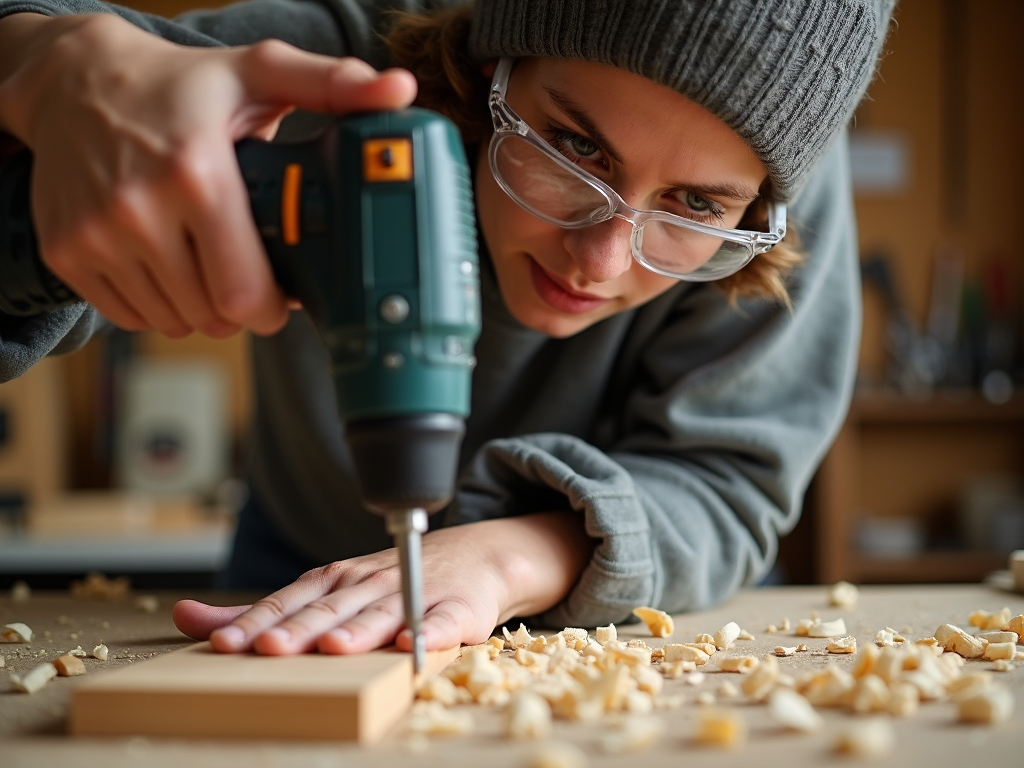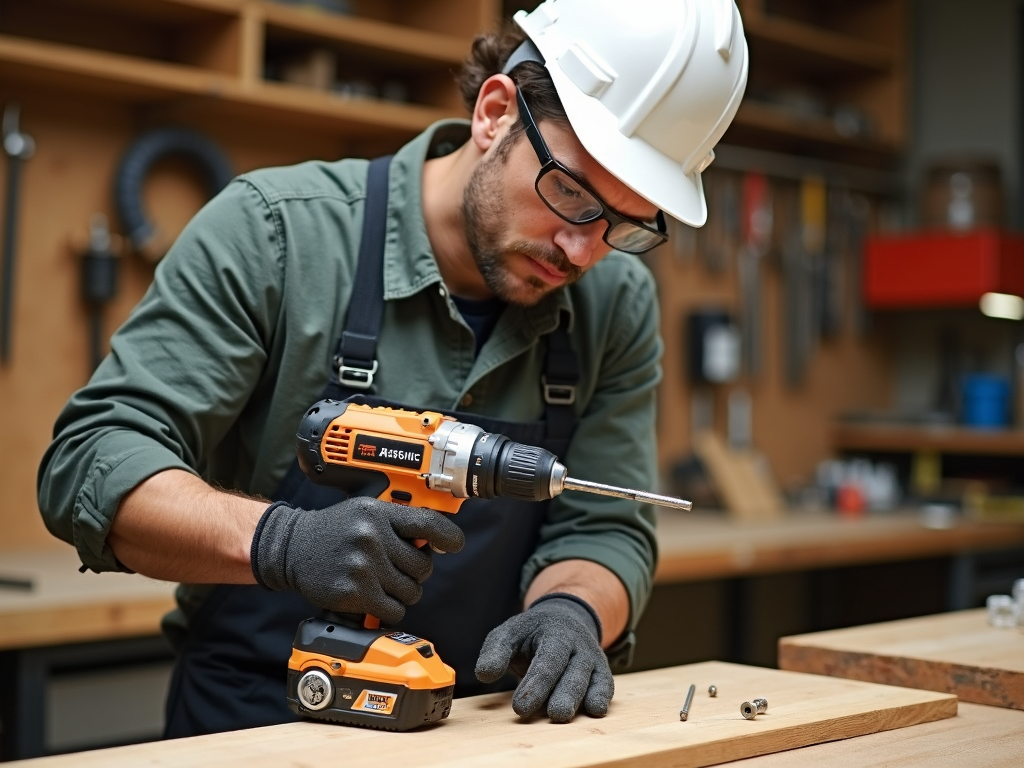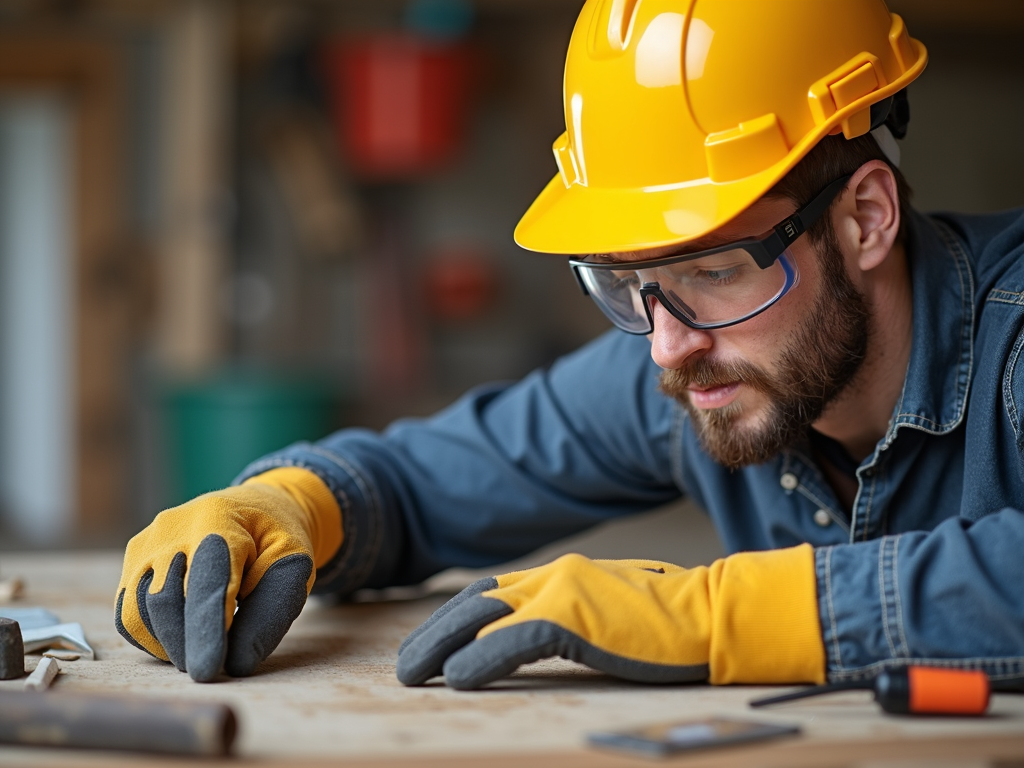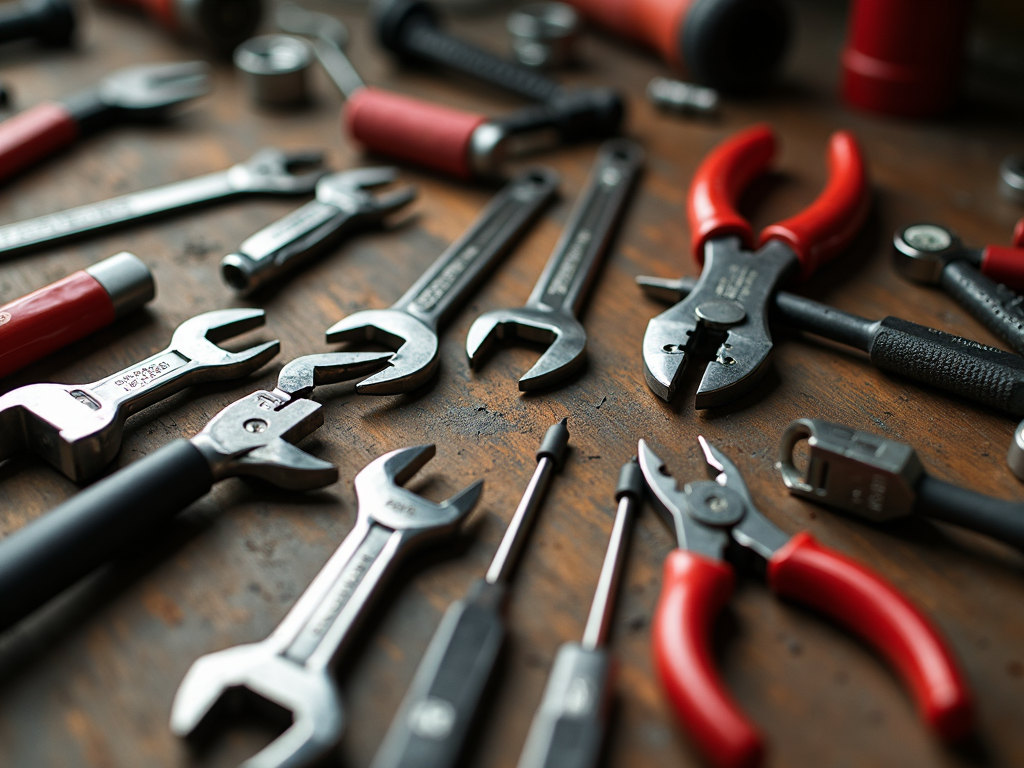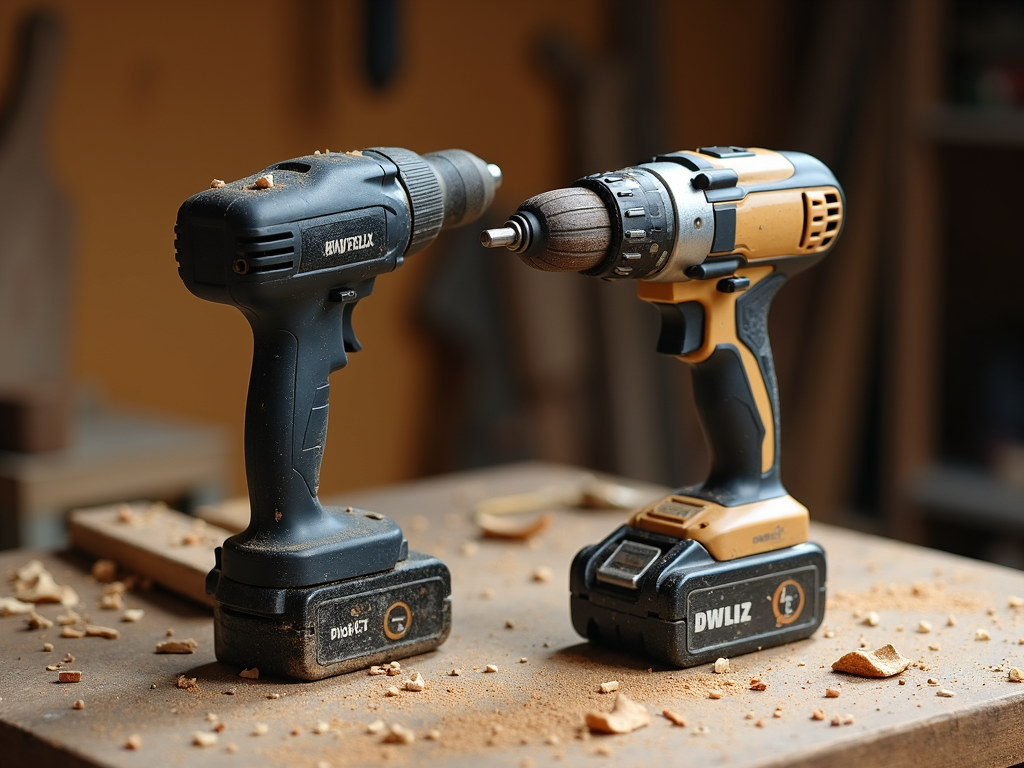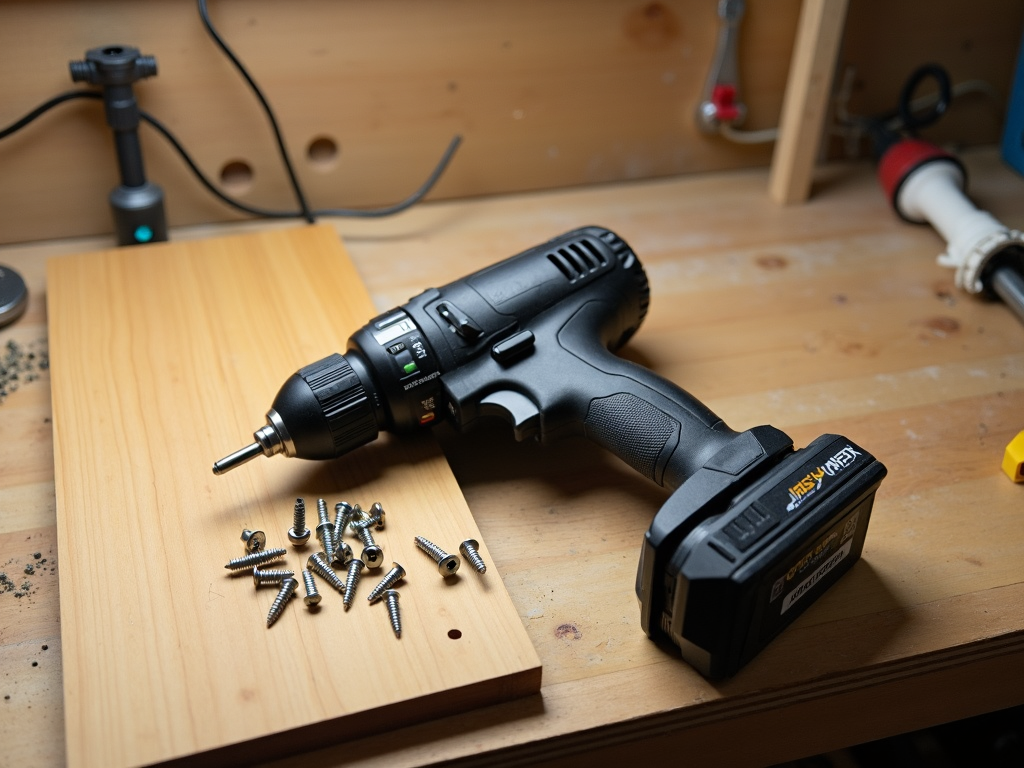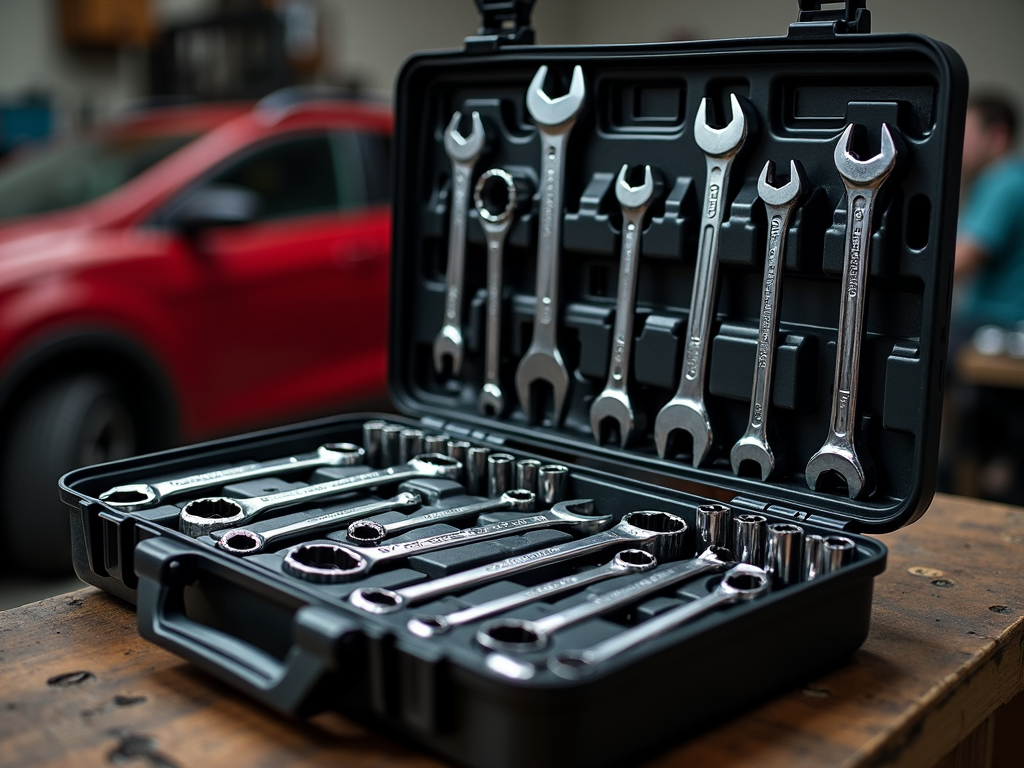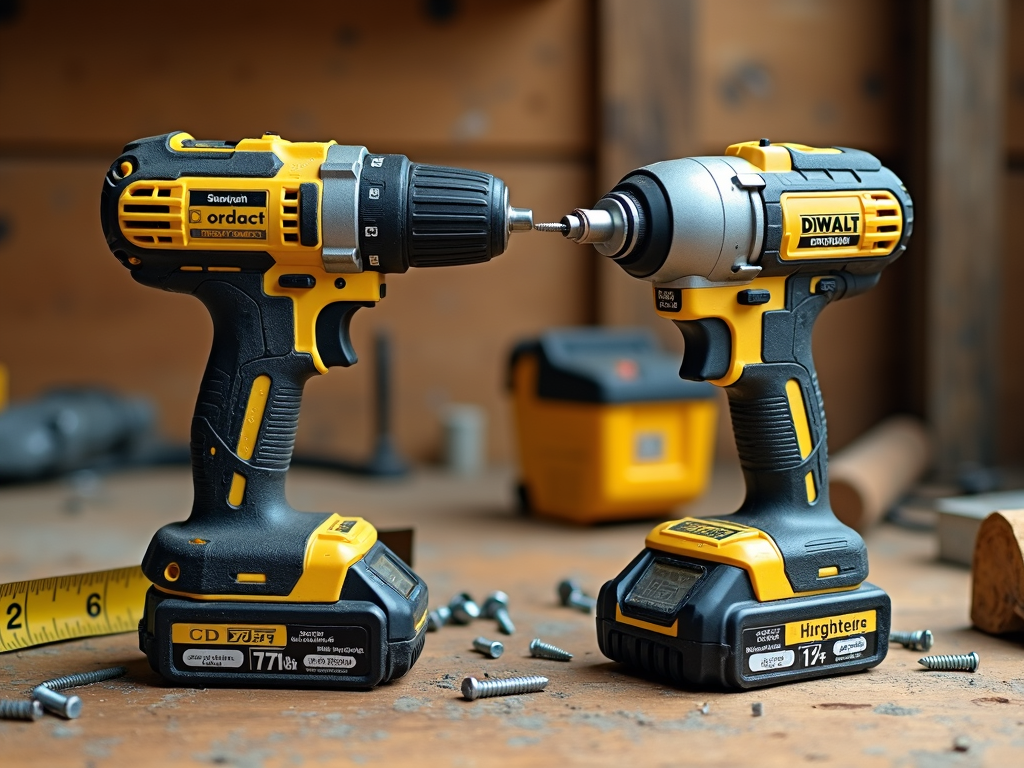As a workman, your tools are your livelihood. They help you get the job done efficiently and effectively, but only if they're well-maintained. Neglecting tool maintenance can lead to decreased performance, safety hazards, and costly replacements. In this article, we'll share expert tips on how to keep your workman tools in top condition, ensuring they last longer and perform better.
"Proper tool maintenance is not just about extending the life of your tools; it's about ensuring your safety and the quality of your work," says John Smith, a seasoned carpenter with over 20 years of experience.

Cleaning Tools
Cleaning your tools regularly is crucial for preventing rust, corrosion, and malfunction. Here are some detailed cleaning tips for different types of tools:
-
Hand Tools (e.g., hammers, screwdrivers, wrenches): Use a soft cloth or brush to remove loose dirt and debris. For tougher grime, use a mild detergent or solvent, but avoid harsh chemicals that can damage the tool's finish. Dry tools thoroughly after cleaning to prevent rust.
-
Power Tools: Unplug the tool and use a soft brush or compressed air to remove dust and debris from the motor and vents. Wipe down the exterior with a damp cloth, and lubricate moving parts as needed.
-
Cutting Tools (e.g., saws, chisels): Remove sap, resin, or other sticky substances with a solvent or cleaning solution. Sharpen blades regularly to maintain their cutting edge.

Storing Tools Properly
Proper storage is essential for protecting your tools from damage and extending their lifespan. Here are some storage solutions and their benefits:
-
Toolboxes: Portable and convenient, toolboxes are great for storing small to medium-sized tools. Look for toolboxes with compartments or trays to keep tools organized.
-
Tool Chests: Larger and more stationary, tool chests are ideal for storing a large collection of tools. They often have drawers and cabinets for easy organization.
-
Pegboards: Wall-mounted pegboards are a great way to store tools in a visible and accessible manner. They also help keep tools off the floor and prevent damage.
Regardless of the storage solution you choose, make sure to store your tools in a dry, cool place to prevent rust and corrosion. You can also use silica gel packs or dehumidifiers to control moisture in your storage area.

Regular Inspections and Maintenance
Regularly inspecting your tools can help you catch potential issues before they become major problems. Here's a checklist of things to look for when inspecting your tools:
-
Signs of Wear: Look for cracks, chips, bent parts, or other signs of damage.
-
Loose Parts: Check for loose screws, bolts, or other fasteners, and tighten them as needed.
-
Rust or Corrosion: If you spot rust or corrosion, clean it off and apply a rust inhibitor or protective coating.
-
Dull Blades: Sharpen blades and cutting edges as needed to maintain their effectiveness.
-
Electrical Issues: For power tools, check cords and plugs for damage, and ensure the tool is functioning properly.

Specific Tips for Different Types of Tools
Different types of tools require specific maintenance techniques. Here are some detailed tips for common workman tools:
- Hammers:
- Check the handle for cracks or splinters, and replace it if necessary.
- Ensure the head is securely attached to the handle.
-
Keep the striking face clean and free of debris.
-
Screwdrivers:
- Keep the tips clean and free of debris to prevent slipping.
- Store them in a way that prevents the tips from getting damaged, such as in a toolbox with individual slots.
-
Replace screwdrivers with worn or damaged tips.
-
Wrenches:
- Lubricate moving parts, such as adjustable wrenches, to keep them functioning smoothly.
- Store them in a way that prevents them from getting bent or damaged, such as hanging them on a pegboard.
-
Clean them after use, especially if they've been exposed to grease or oil.
-
Pliers:
- Keep the jaws clean and free of debris to ensure a good grip.
- Lubricate the pivot point to keep the pliers opening and closing smoothly.
-
Store them in a way that prevents the jaws from getting damaged.
-
Drills:
- Clean the chuck and bit shank before inserting a bit to prevent slipping.
- Store drill bits in a case or organizer to prevent damage.
- Lubricate the chuck periodically to ensure smooth operation.

Conclusion and Summary
Maintaining your workman tools is essential for ensuring their longevity and performance. By following these tips, you can keep your tools in top condition and avoid costly replacements. Remember to clean your tools regularly, store them properly, inspect them for wear and damage, and perform specific maintenance tasks as needed. With proper care, your tools will serve you well for years to come.
Related workman tool maintenance tips:
- Top 10 Electrical Tools Every Homeowner Should Have
- How to Organize Your Workshop for Efficiency
- How to Maintain Your Cordless Power Tools: A Comprehensive Guide
- The Ultimate Guide to Tool Belts for Construction Workers
- Essential Safety Gear for Power Tool Users: A Comprehensive Guide
- Safety First: Using Tools the Right Way
- DIY Safety: Tips to Avoid Common Mistakes
- Workman Tools for Plumbing Projects: A Comprehensive Guide
- The Evolution of Power Tools: From Manual to Modern
- A Beginner’s Guide to Different Power Tool Types
- Essential Tools for Every DIY Mechanic: A Comprehensive Guide
- Cordless Drills vs. Impact Drivers: What’s the Difference?

